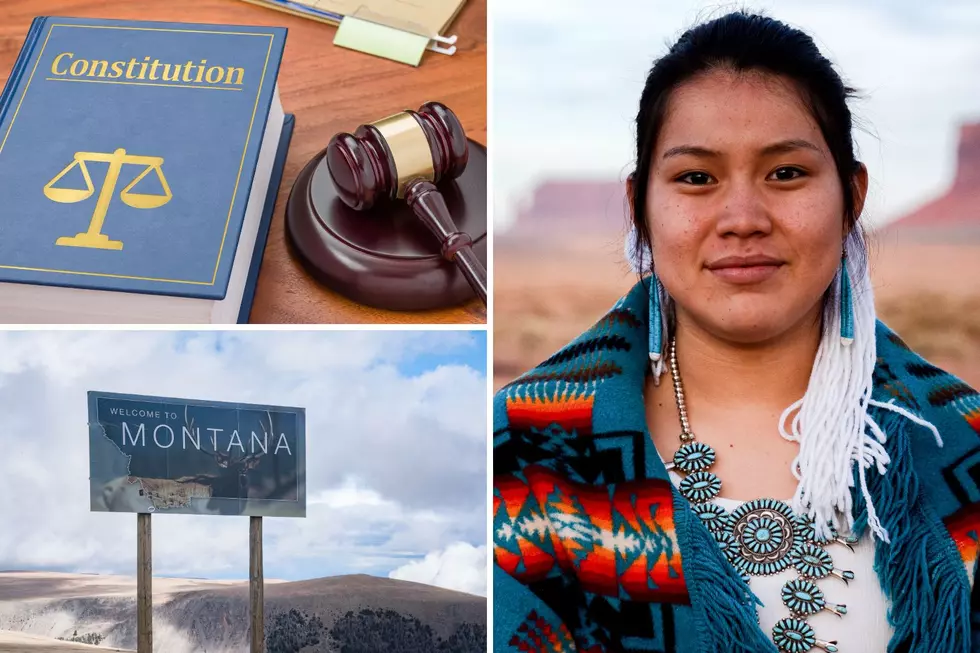
Montana Constitution: The Compact with the United States
Just recently posted my article on the Montana Constitution's Preamble, with a snarky, good-humored attitude. Now let's work through the Articles. This first one has more serious implications today.
Disclaimer
I am not an attorney nor a politician; my interpretation of constitutional provisions should not be construed as legal advice. Consult with a lawyer for professional information.

Article I, Part I: Compact with the United States
All provisions of the enabling act of Congress (approved February 22, 1889, 25 Stat. 676), as amended and of Ordinance No. 1, appended to the Constitution of the state of Montana and approved February 22, 1889, including the agreement and declaration that all lands owned or held by any Indian or Indian tribes shall remain under the absolute jurisdiction and control of the congress of the United States, continue in full force and effect until revoked by the consent of the United States and the people of Montana.
I researched this Enabling Act of Congress of 1889. It opened the path to statehood for Montana, North and South Dakota and Washington. Part of the Enabling Act is noted here in this part of Article 1, that the jurisdiction on Native lands rests squarely on the U.S. Congress.
The purpose in the Act mentions taxation. Way I read it, Montana cannot levy taxes on Native tribal property because it is under U.S. federal jurisdiction.
The Ramification Today
Back in the 1880s, I can see the purpose here to keep the peace with the Native tribes after the Indian Wars. Montana's statehood was achieved only 13 years after the Battle of Little Big Horn, also known as the Custer Massacre. This may have been part of a treaty.
Today I question if the criminals and cartels aren't very well aware of this jurisdiction and they are exploiting it. I think they know that state police agencies and the Attorney General have no authority on the reservations, and that the federal agencies, like the Bureau of Indian Affairs, are inadequate to enforce the laws. The bad guys feel certain they can likely get away with the drugs, the sexual assaults and the MMIP.
In my humble opinion, if we law-abiding citizens of this state really want to effectively address crime on the Native nations, we have to find a way to cooperate with them that allows state police to work on their lands while respecting their sovereignty.
Until there is a workaround of Article I Part 1, there is little chance of reducing crime on Native lands.
Areas in Your House That Need to Be Deep Cleaned
Gallery Credit: Kristen Matthews
7 Reasons Why You Should Give Blood
Gallery Credit: Bejay Lindseth
